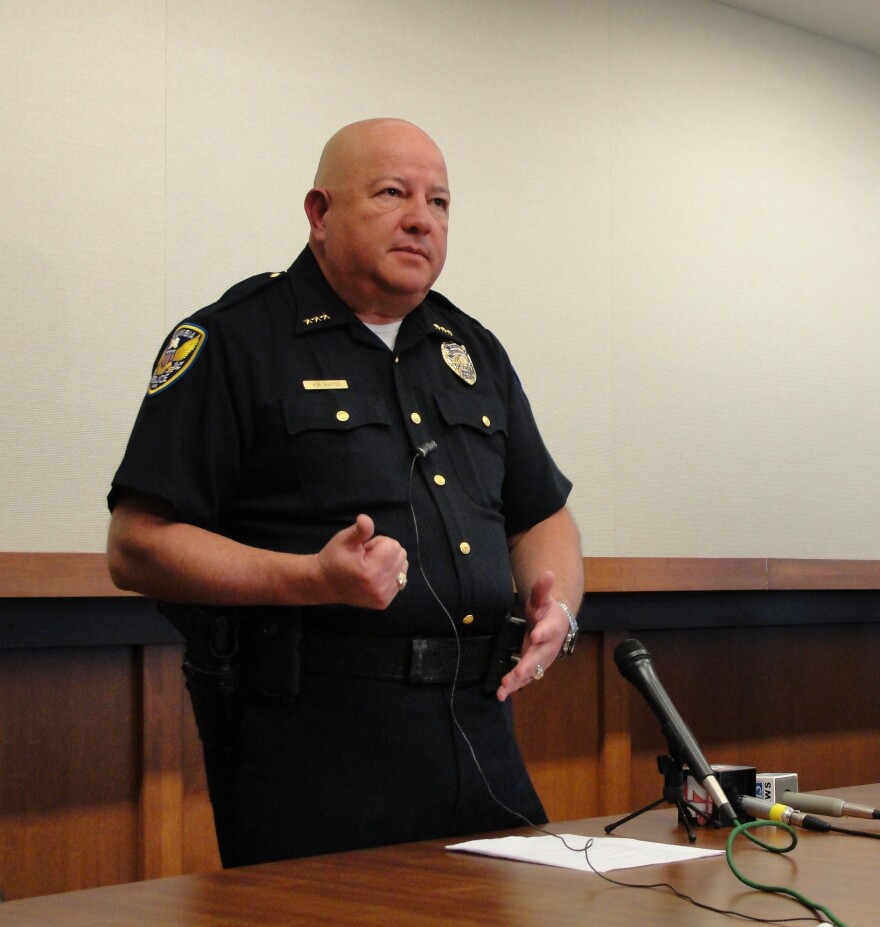Each year, with the release of traffic stop data by the Missouri Attorney General's Office, the problem of racial profiling comes into sharper focus — and validates the suspicions of people who say they've been pulled over because of the color of their skin. Community groups like the NAACP and the newer Race Matters, Friends, have asked Columbia Police Chief Ken Burton to, first, acknowledge the problem and then take steps to solve it.
Not so fast, Burton has said in response to part one. His response — frustrating to some people — has been: "We need more, better data." But at the same time, the chief has taken steps he believes should reduce racial profiling, if, indeed, it's a problem among Columbia cops.
Here's what the numbers in the 2015 and 2016 reports showed: In 2015, black drivers were stopped 3,348 times, and that represented a rate 3.6 times higher than the rate at which white drivers were pulled over. In 2016, black drivers were stopped 3,691 times — a rate 3.9 times higher than the rate at which white drivers were pulled over.
The problem with the data, Burton has said repeatedly, is that it doesn't go deep enough. He cites evidence from his own mini-study of the 15 cops who had the greatest racial disparity in their traffic stops last year: In each case, he says, there's a good reason for the disparity. Maybe geographical location in the city. Or the officer's specific assignment.
What the data don't reveal is racism by Columbia cops, he says.
That's the sticking point for Race Matters, Friends, who have said that a police chief who can't acknowledge what is plain to see has no business in the job and no business asking the community to support funding for more cops.
Without more funding, though, expanding the department's community police efforts is impossible, Burton says.
But don't call it an "impasse," the chief pleads. The department and the community are just seeing the same problem through different lenses. And there's hope. But what needs to take place is a quieter, kinder conversation that recognizes that everyone has the same goal: to make Columbia a better place for everyone to live.
Burton talked to the Missourian last week about the non-impasse, the data, why he needs to analyze it more thoughtfully and why he's so frustrated with the direction the conversation has taken. (The conversation has been edited to tighten the focus on racial profiling and community policing.)
Noah McGee contributed to this report

